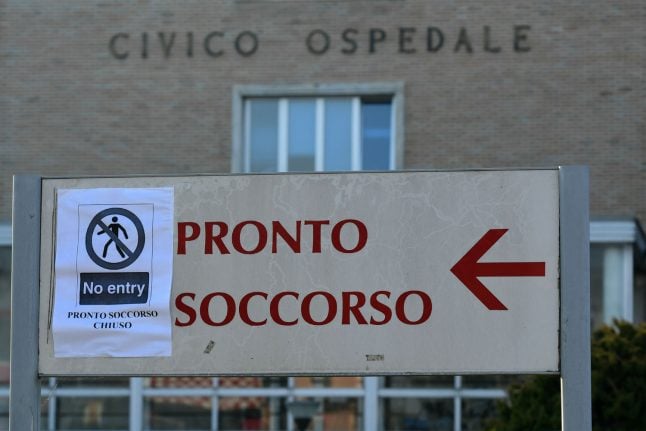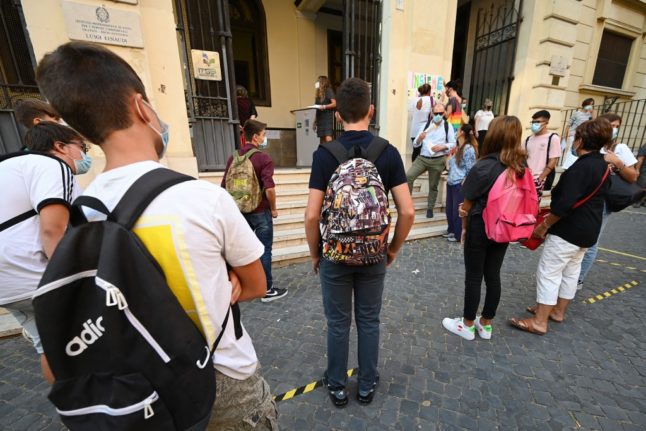Venues have been closed and festivals banned across Italy as the country struggles to fight an outbreak of the coronavirus, while an Italian man has become the first European to die of the disease.
First European death
Italy on Friday became the first European country to report a death from coronavirus, a 78-year-old retired bricklayer from the Padua area in Italy's north who had tested positive for the virus.
Adriano Trevisan was admitted to hospital 10 days earlier for an unrelated health issue, Italy's health minister said.
He was one of two people in the Veneto region with the virus, where another confirmed case overnight in a 53-year old man brought that number to three, president of the Veneto region, Luca Zaia told Rai24 news.
In nearby Lombardy, another 16 other people were discovered to have caught the virus and the region took immediate measures to isolate affected areas. In Rome, three people are being treated in isolation for the virus.
Festivals and carnivals shut down
p.p1 {margin: 0.0px 0.0px 0.0px 0.0px; font: 12.0px Helvetica}
In the areas in northern Italy, over 50,000 people have been asked to stay at home while all public activities such as carnival celebrations, church masses and sporting events have been banned for up to a week.
Codogno Mayor Francesco Passerini said locals were “extremely worried” about the spread of the deadly disease.

Photo: AFP
Bars and hospitals closed for business
“No entry” read the sign on the emergency room in the small town of Codogno with a population of 15,000 where three people have already tested positive for the virus, including one 38-year old man now on life support.
At Codogno's centre, only a bakery and a pharmacy were open, while other shops posted signs saying they were closed due to a local ordinance.
At the civic hospital, there was very little movement early Saturday other than nurses and other workers finishing their night shifts.
Those who have tested positive for the virus in Codogno include the 38-year-old man's wife, who is eight months pregnant, and another man.
p.p1 {margin: 0.0px 0.0px 0.0px 0.0px; font: 12.0px Helvetica}
p.p2 {margin: 0.0px 0.0px 0.0px 0.0px; font: 12.0px Helvetica; min-height: 14.0px}
Three others in the town have tested positive to a first novel coronavirus test and are awaiting their definitive results.



 Please whitelist us to continue reading.
Please whitelist us to continue reading.
Member comments